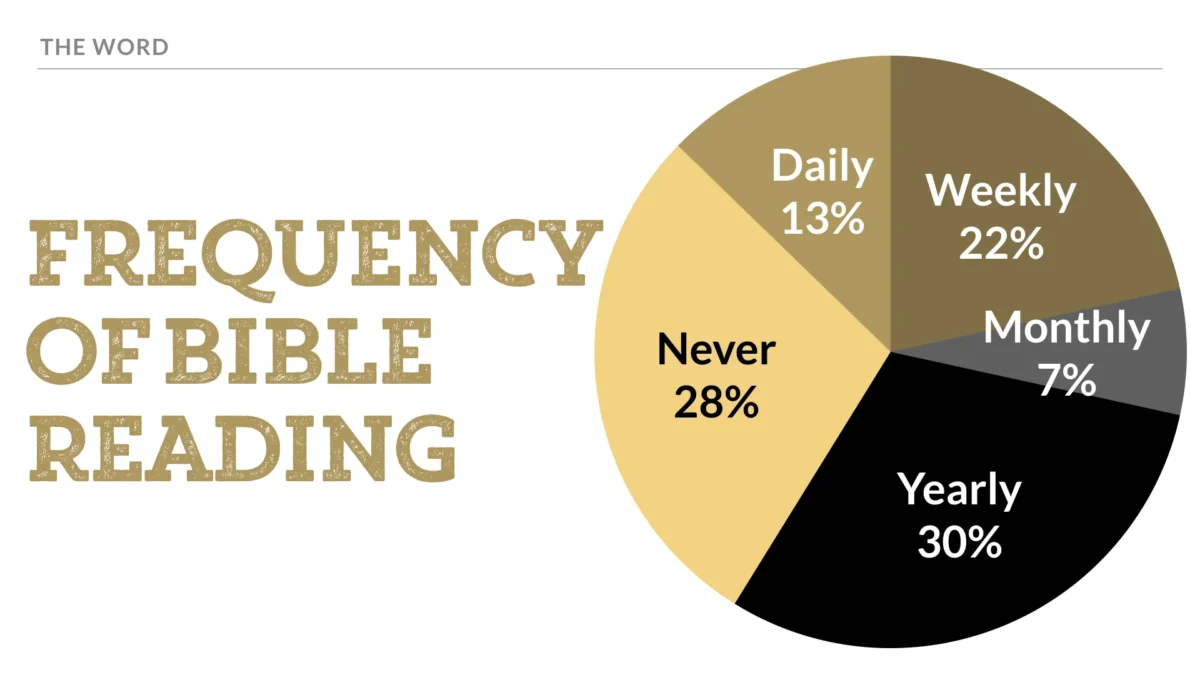Understanding Usury: A Biblical Perspective for Curious Learners
If you`re interested in learning more about Christianity and the teachings of the Bible, understanding the concept of usury is an important place to start. Usury, the practice of charging excessive interest on loans, has been a contentious issue throughout history, and the Bible has much to say about it.

In this article, we`ll explore the biblical passages that address usury, the historical context of usury in biblical times, and the ethical implications of the practice in Christianity. We`ll also look at modern perspectives on usury and its relevance in today’s society.
Whether you’re a lifelong Christian or simply curious about the teachings of the Bible, this article will inform and educate you on the complex topic of usury. So keep reading to learn more.
Understanding the concept of usury in the Bible

Usury is a term that has been used in the Bible for centuries, but what does it really mean? At its core, usury refers to lending money at an exorbitant rate of interest. This practice was often condemned in the Old Testament as it took advantage of those who were vulnerable or struggling financially.
However, as with many concepts in Christianity, there are different interpretations and applications of usury. Some argue that any form of interest on loans is considered usurious and therefore forbidden by God. Others believe that as long as the interest rate is fair and just, lending money with interest is acceptable.
Regardless of where one stands on this issue, it’s important to remember the underlying message behind these biblical teachings – treating others with compassion and fairness. As Christians, we are called to be good stewards of our resources and use them wisely to help those around us.
So how can we apply these principles today? One way could be through supporting microfinance initiatives or investing in socially responsible businesses that prioritize ethical practices over profit margins. By using our financial resources for good rather than taking advantage of others through excessive rates or unfair practices like predatory lending schemes – we can follow Jesus’ example by caring for those around us while also being wise stewards ourselves.
In conclusion, understanding the concept of Usury In The Bible requires a deep exploration into various interpretations offered by religious scholars throughout history- all pointing towards fair treatment among individuals instead exploiting one another’s economic situations unlawfully.AS Christians should strive towards being ethical lenders; helping out people who need assistance without putting them under unnecessary pressure due high fees levied upon their debts .
Biblical passages that address usury.
The Bible has a lot to say about the concept of usury, or charging interest on borrowed money. In fact, it is mentioned numerous times throughout scripture as a practice that goes against God’s will.
One of the most well-known passages comes from Exodus 22:25-27, where it states “If you lend money to any of my people with you who is poor, you shall not be like a moneylender to him; you shall not charge him interest.” This passage emphasizes the importance of helping those in need without expecting anything in return.
Similarly, Leviticus 25:35-37 instructs believers to “not take interest and profit from [their] fellow Israelites” when lending them money. The passage goes on to explain that this type of behavior can lead someone into financial ruin and slavery.
In addition to these Old Testament passages, Jesus also spoke out against usury in Luke 6:34-36 when he said “And if you lend to those from whom you expect repayment, what credit is that? Even sinners lend to sinners expecting repayment in full. But love your enemies do good…and your reward will be great.”
As Christians continue their journey towards understanding God’s teachings more deeply they must remember the importance placed on helping one another without expectation for compensation or gain. It’s imperative we all strive towards embodying these values each day by being kind and compassionate toward others while eschewing practices contrary thereto such as usury which only serves one individual at expense others wellbeing
The historical context of usury in Biblical times.

Understanding the historical context of usury in biblical times is essential to gaining a deeper understanding of Christian teachings on money lending. In ancient Israel, usury was considered a sin and was strictly prohibited by Jewish law.
The word “usury” comes from the Latin term “usura,” which means interest or fee charged for borrowing money. According to Leviticus 25:35-38, lenders were not allowed to charge interest on loans made to fellow Jews:
“If any of your fellow Israelites become poor and are unable to support themselves among you, help them as you would a foreigner and stranger so they can continue to live among you. Do not take interest or any profit from them but fear your God, so that they may continue to live among you.”
This prohibition against charging interest on loans applied only within the community of Jews; it did not apply when dealing with non-Jews.
During medieval times, many Christians interpreted these biblical passages as prohibiting all forms of usury – including charging any amount of interest at all. This interpretation led some Christian leaders such as St. Thomas Aquinas (1225-1274)to argue that lending with an expectation for profit violated natural law principles.
However today many people interpret these passages more leniently arguing that Christians should lend money without expecting anything back ultimately leading into different interpretations about what constitutes ‘fair’ rates when it comes down loaning funds between individuals.
As Christians today navigate modern financial systems where borrowing is often necessary in order for economic survival,maintaining this balance between earning profits while still following Christ’s teachings remains crucial . It is important we stay true our faith throughout our financial dealings , treating those who borrow from us fairly while also being fair ourselves towards debts owed unto us by others .
The ethical implications of usury in Christianity?
As a Christian, it is important to understand the ethical implications of usury. Usury refers to the practice of lending money at an exorbitant interest rate, often leading to financial exploitation of people in vulnerable situations.
The Bible has a lot to say about usury and its impact on society. In Leviticus 25:35-37, it states that we should not charge our brothers interest when loaning them money. This passage emphasizes the importance of helping those in need without expecting anything in return.
Additionally, Proverbs 28:8 warns against gaining wealth through unjust means such as charging high interest rates or exploiting others financially. It is clear that God values fairness and justice in all aspects of life including financial transactions.

As Christians, we are called upon to love our neighbors as ourselves and treat others with kindness and compassion. Charging exorbitant interest rates goes against this principle by taking advantage of those who are already struggling financially.
Therefore, it is essential for Christians to be mindful about their business practices when dealing with loans or investments involving profit-making motives while being ethically responsible towards human dignity.
By doing so one can create a thriving community where everyone gets equal opportunities without any discrimination based on economic status or background.
In conclusion,
Usury may seem like an easy way out for short-term gains but ultimately leads down the path towards greed which could have serious consequences on both individuals’ lives as well as society’s moral fabric if left unchecked.
We must remember that fair business practices align with God’s teachings which emphasize integrity over personal gain; let us strive towards creating more equitable opportunities for all people regardless if they come from privileged backgrounds or not through responsible investment strategies grounded in sound ethics!
Modern perspectives on usury and its relevance in today’s society
The concept of usury in the Bible has been a subject of debate for centuries, with some arguing that it is no longer relevant in today’s society. However, as Christians, it is important to understand the origins and implications of this practice.

Usury refers to the charging of excessive interest on loans. In ancient times, lenders would often charge exorbitant rates that left borrowers trapped in debt and poverty. The Bible condemns this practice and encourages lending without expecting anything in return (Luke 6:35).
But how does usury relate to modern society? While we may not see moneylenders on street corners charging outrageous interest rates anymore, there are still elements of usurious behavior present today.
For example, payday loans often have extremely high-interest rates that can trap borrowers in a cycle of debt. Credit card companies also frequently charge high fees and interest rates for those who carry balances from month to month.
As Christians, we are called to be good stewards of our resources and help others when they are struggling financially (Proverbs 19:17). Charging excessive interest goes against these principles by taking advantage of someone else’s hardship for personal gain.
In conclusion, while the practices associated with usury may have evolved over time, its underlying message remains just as relevant today as it was thousands of years ago. As Christian individuals or communities involved with Christianity like churches or youth groups , let’s strive towards ethical lending practices that uplift rather than exploit those around us.
Conclusion

Usury is a complicated issue with many layers of complexity and interpretations. As Christians, we must take the time to thoughtfully consider this topic if we are going to make decisions in accordance with our beliefs. We should remember that while usury may have been viewed differently during biblical times than it is today, its moral implications remain pertinent no matter the era or situation. For those who wish to explore this subject more deeply, I encourage you to join a Bible study group at your local church for further discussion and understanding!
















